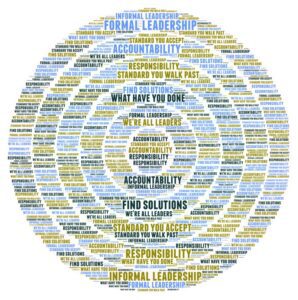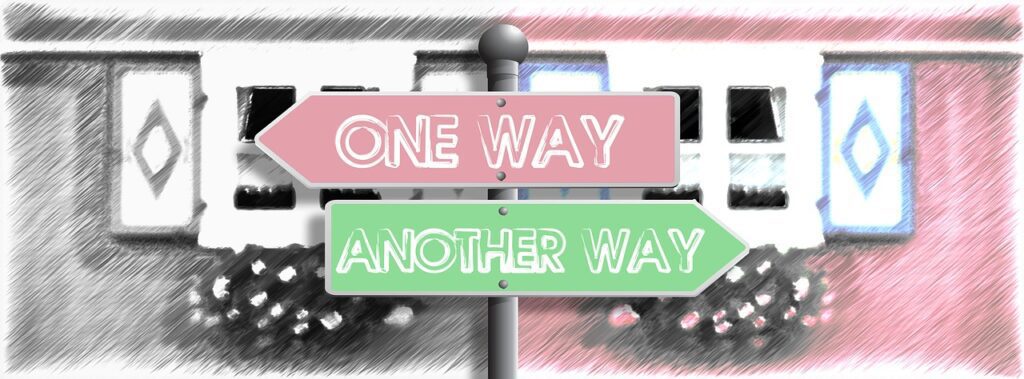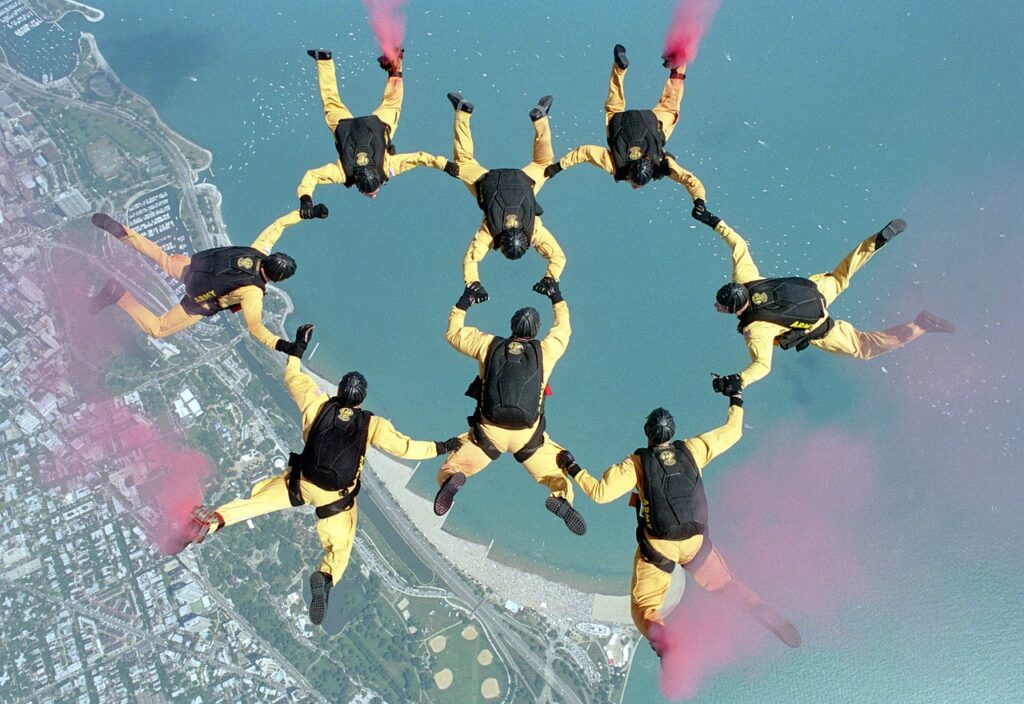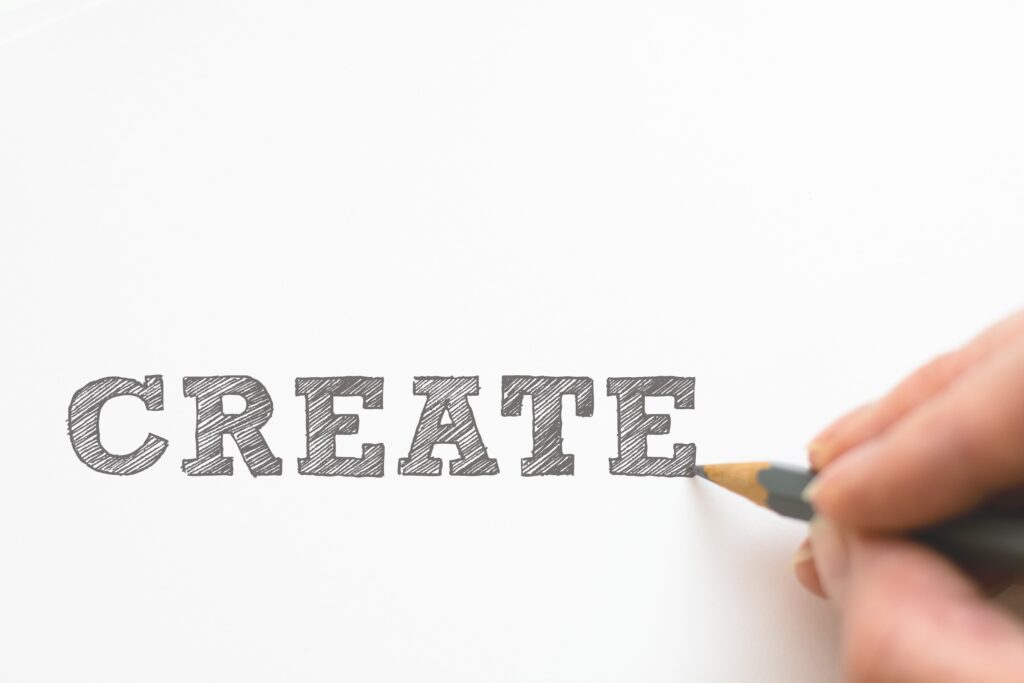As someone who is in a formal leadership position I think there is one phrase that often frustrates me the most. It takes many forms, but sounds something like: “that’s what management’s for”, “that’s a chain of command issue” “that’s the higher ups job” etc. Well, no, it’s not just their issue and their responsibility. It’s equally yours and mine, as collectively, we are responsible for our working environment and all that it entails. We are the ‘system’.
As much as senior leaders do play a large role in setting the standards and influencing the leadership culture, we all have some form of individual and personal responsibility and accountability for the working environment we find ourselves in.

We have formal leaders and informal leaders. This means we all have a level of ownership and accountability to fix things that are wrong and most importantly act with character in everything we do.
We have a responsibly to help develop organisational initiatives, and provide constructive feedback when they might be misaligned. We have responsibility to right any wrongs and uphold ethical standards, and we have a responsibility to provide solutions to problems we are more than happy to raise. I could go on, but the bottom line is that everyone has a responsibility.
If you disagree with that part then please navigate away. But if you’re still intrigued then look at the Australian Chief of Defence Staff. In 2014, the then Chief of Defence Staff, in response to allegations of sexual harassment and misconduct within the Armed Forces, summed it all up in one simple sentence:
“The standard you walk past is the standard you accept”
Just let that sink in and think about it for moment. I’m not sure there is a better and simpler way to say it, and it’s certainly worth watching the segment of video above; it is very powerful, more so now than ever.
So next time you are in the elevator and involved in office chatter, just remember that line. Doing nothing makes you equally accountable; you’re also a leader and you have equal responsibility as those formally entrusted in leading you.
The next time someone suggests that it’s management’s problem, ask them what they’ve done to try and solve it. That’s right, what have they done? What have you done to take accountability and recommend solutions? What have you done to make things better? To right the wrongs? Because remember, formal or informal, we all have a responsibility.






